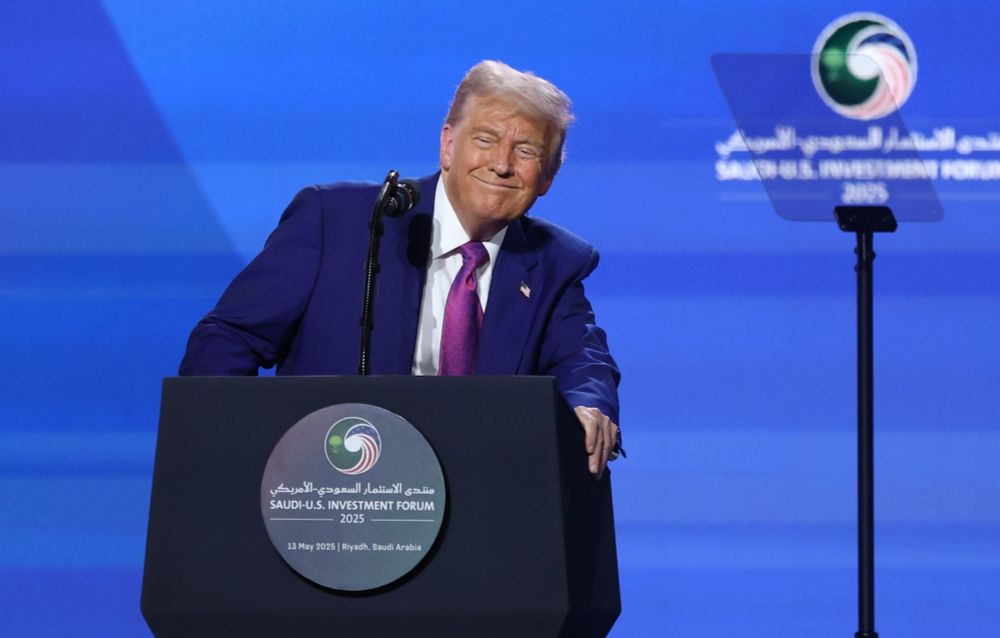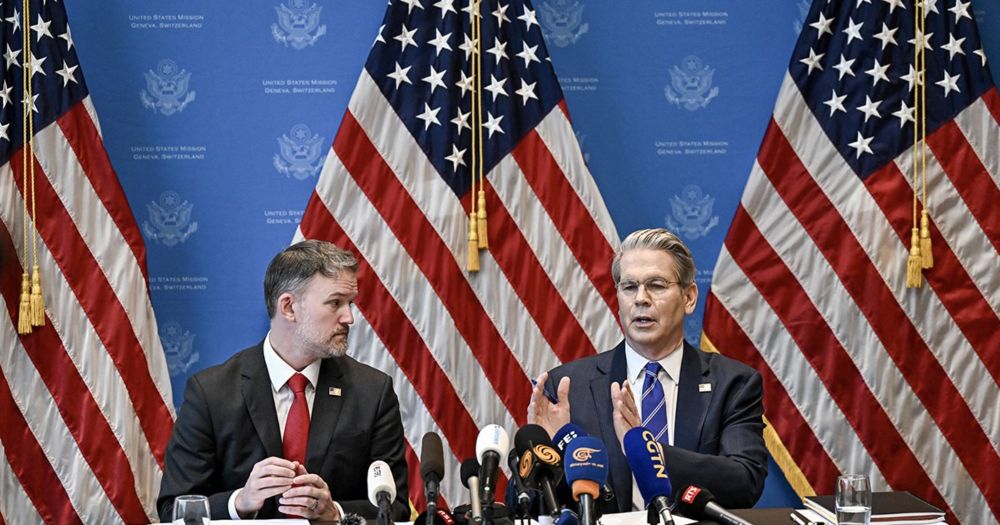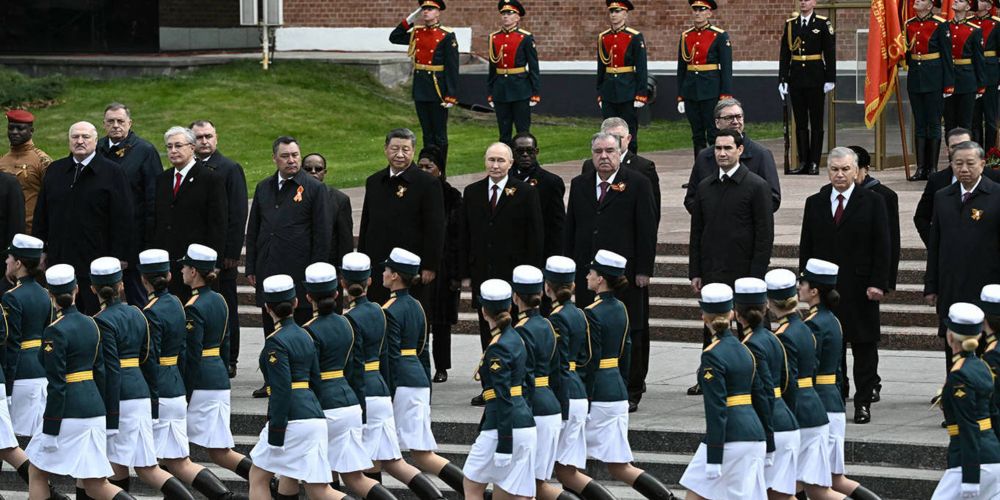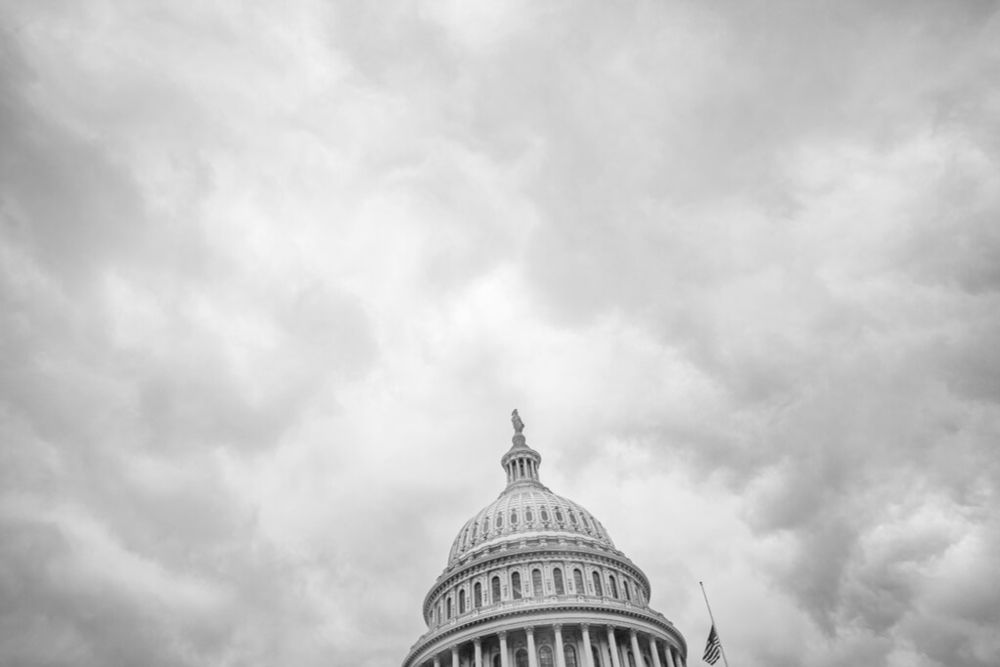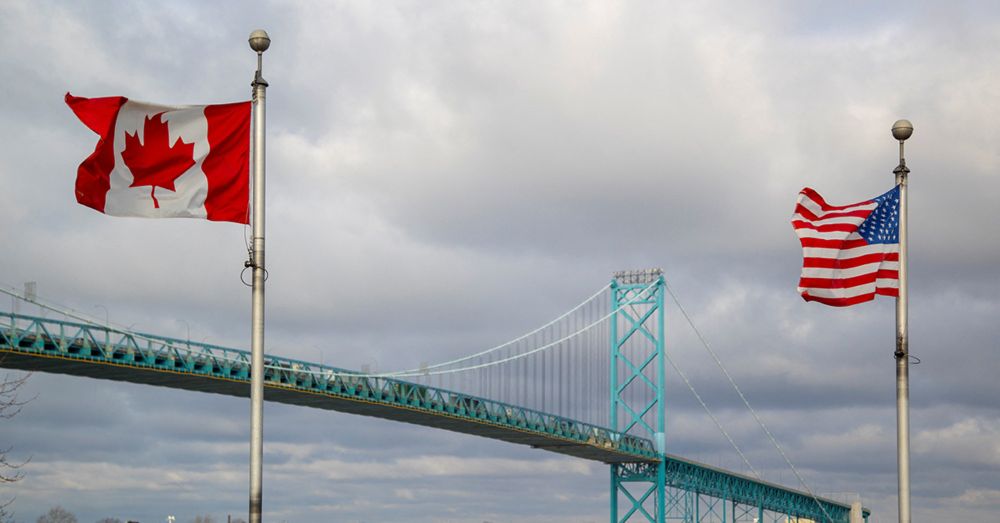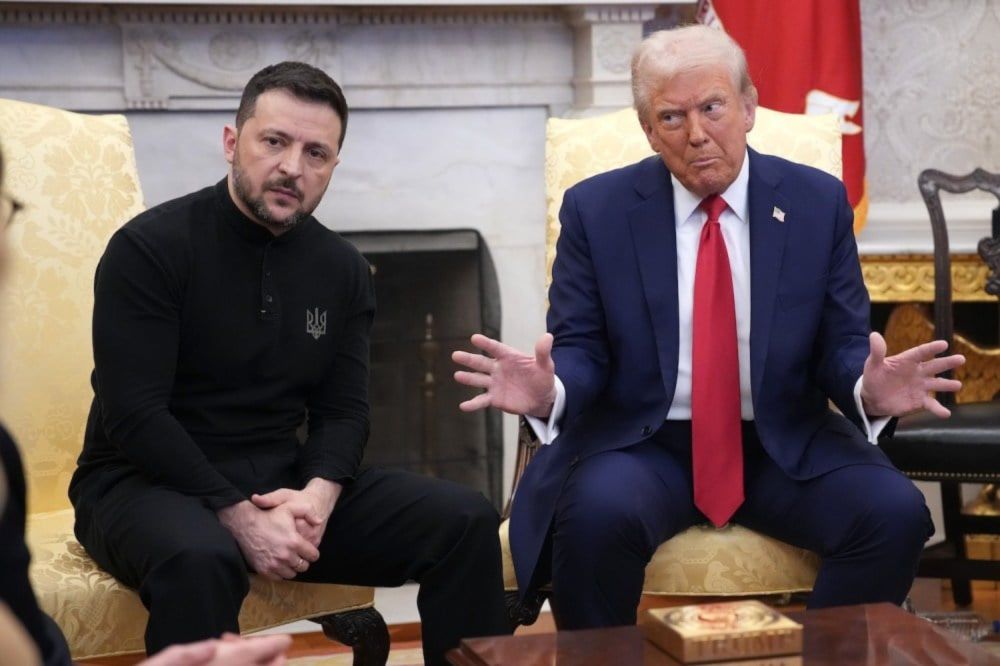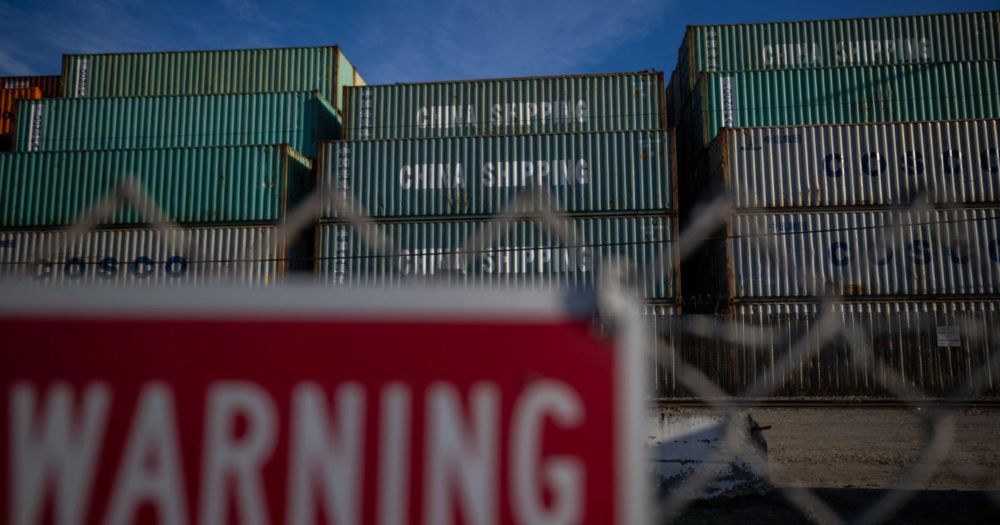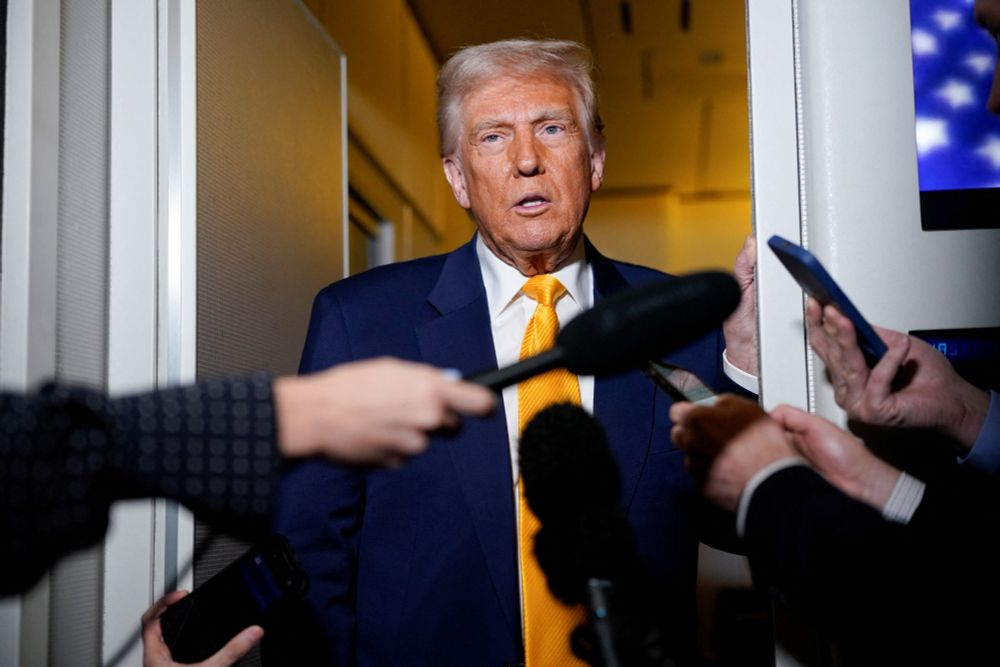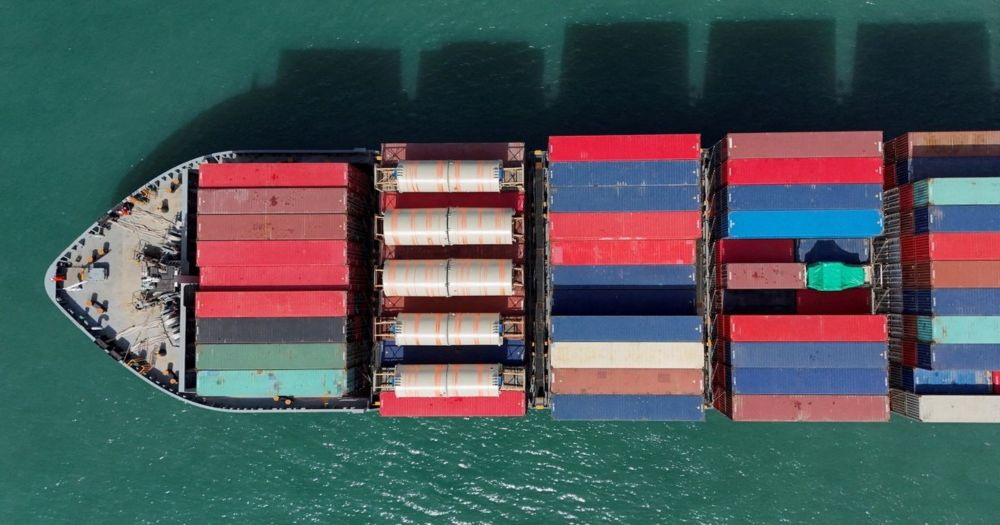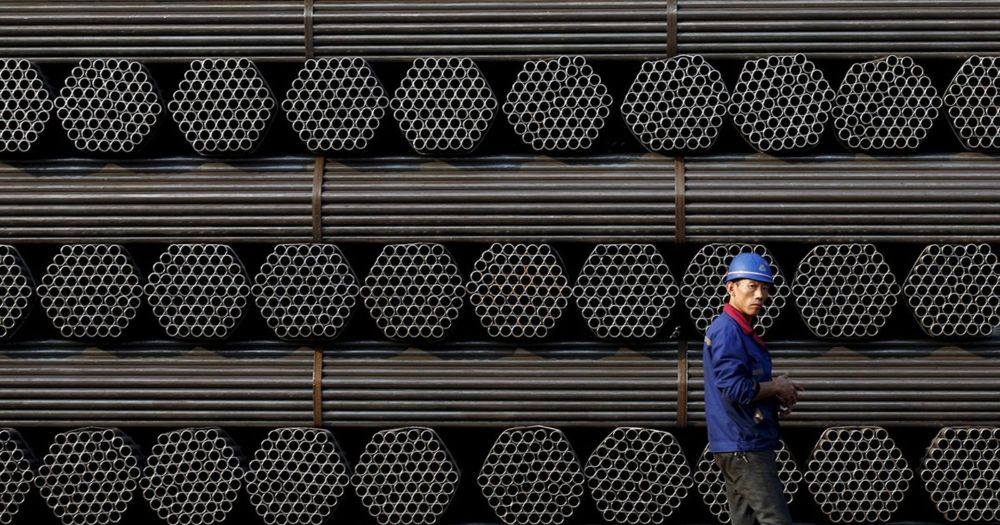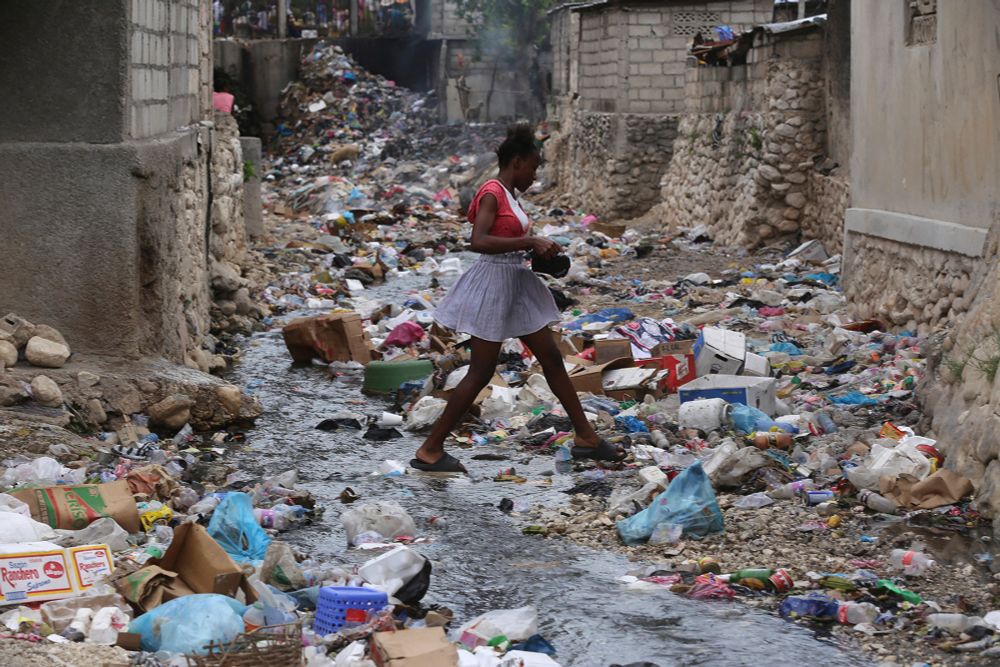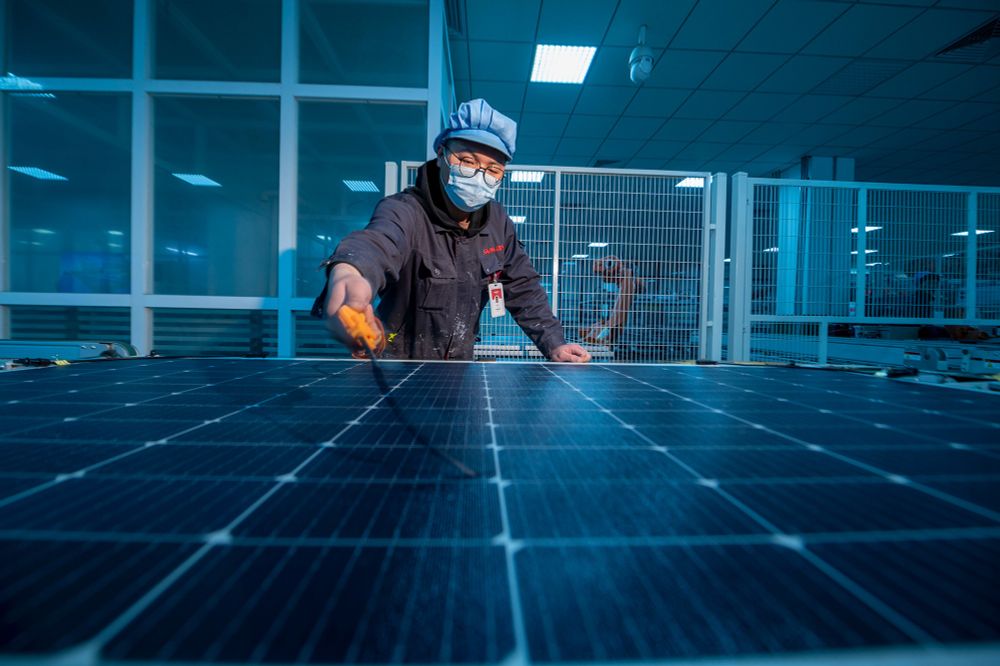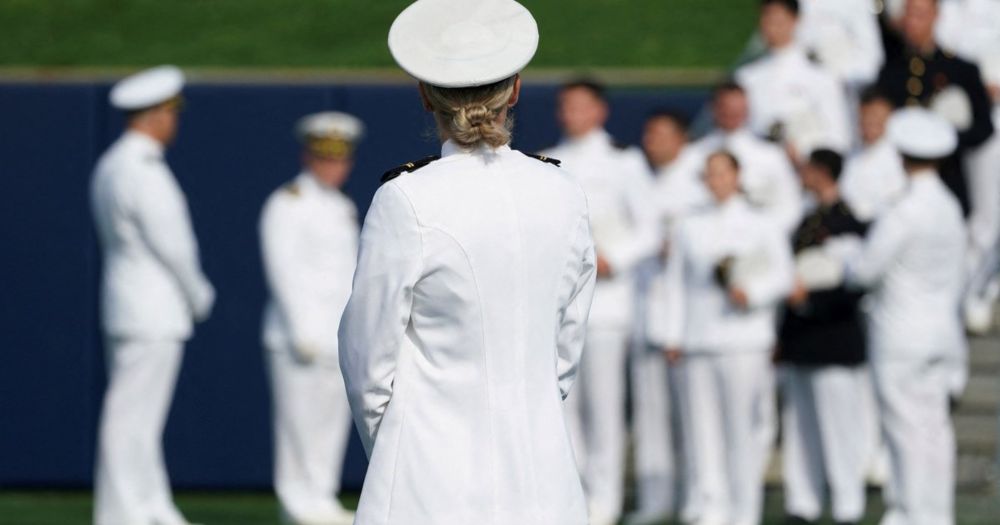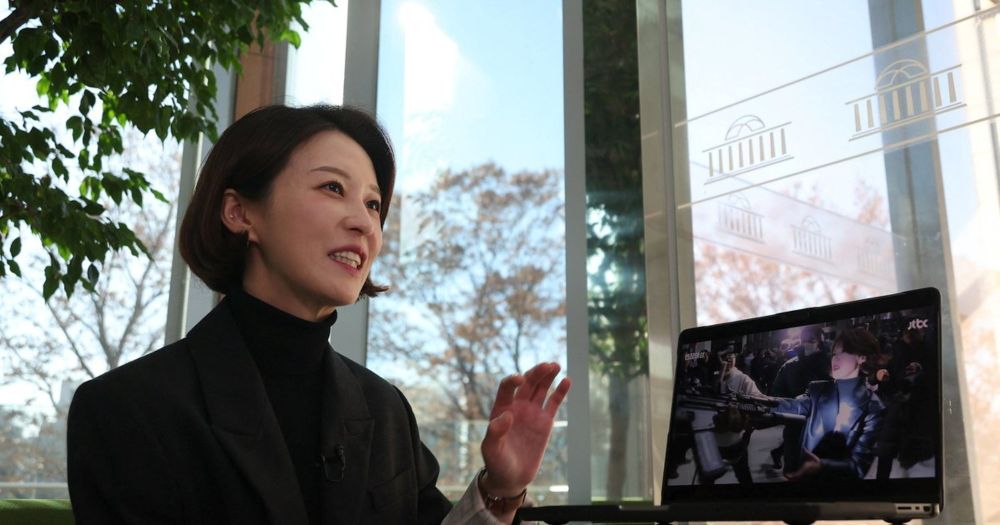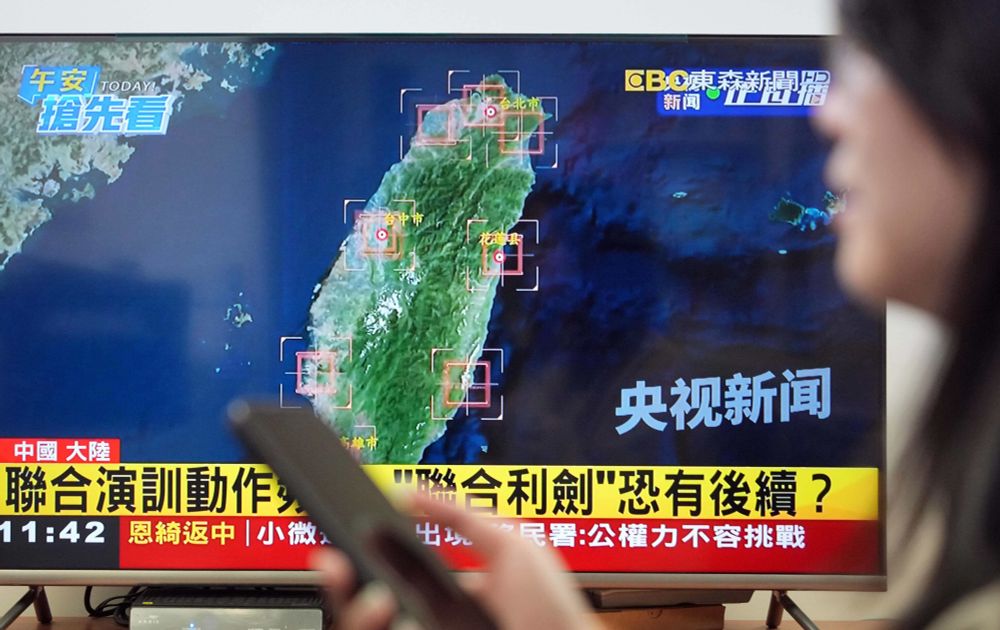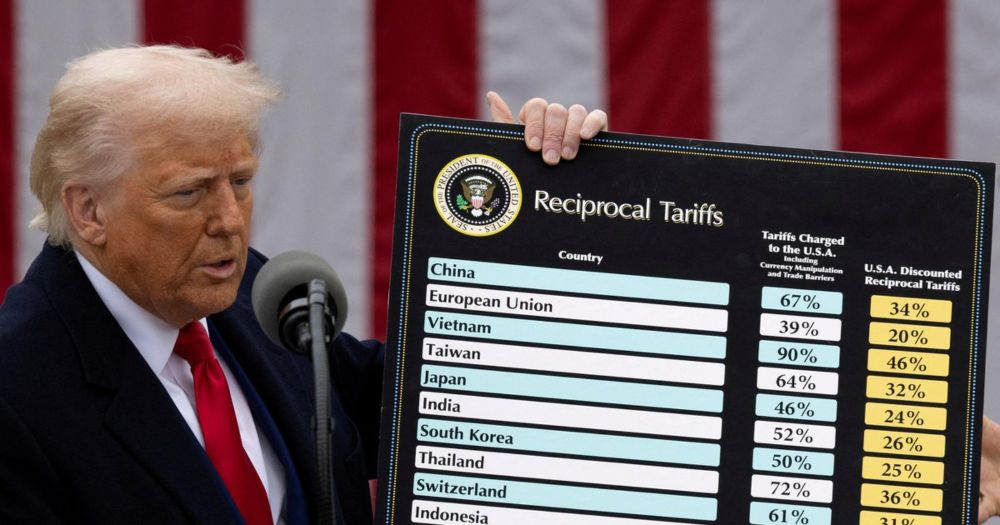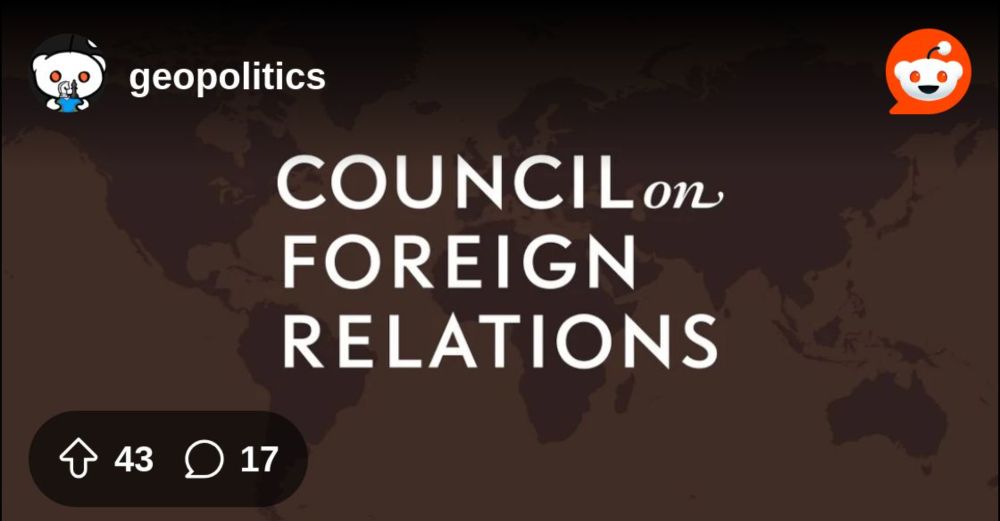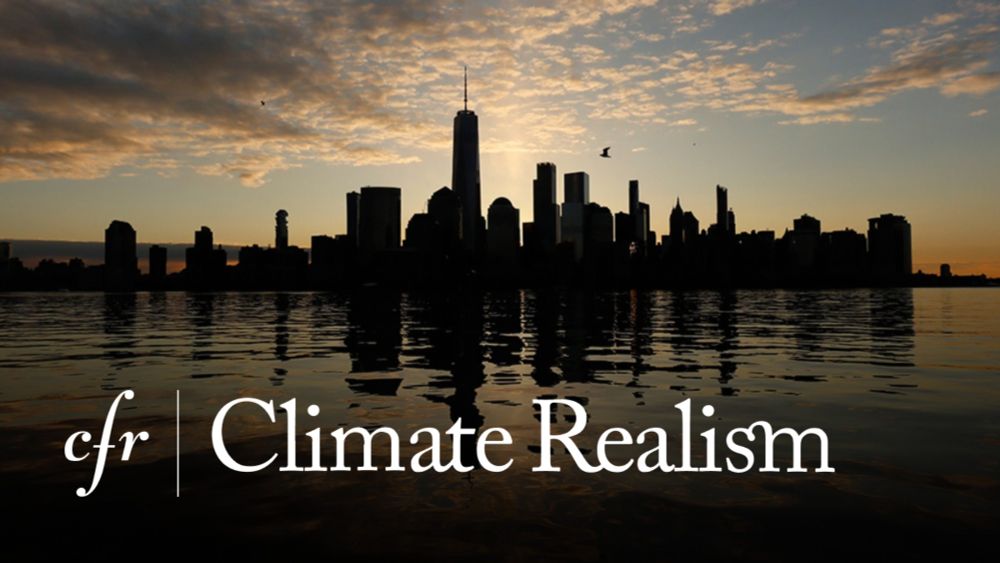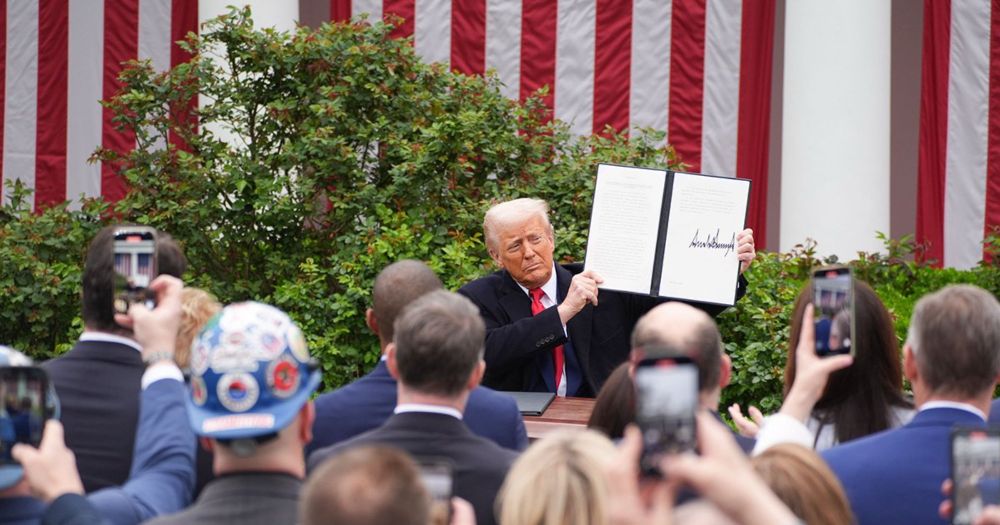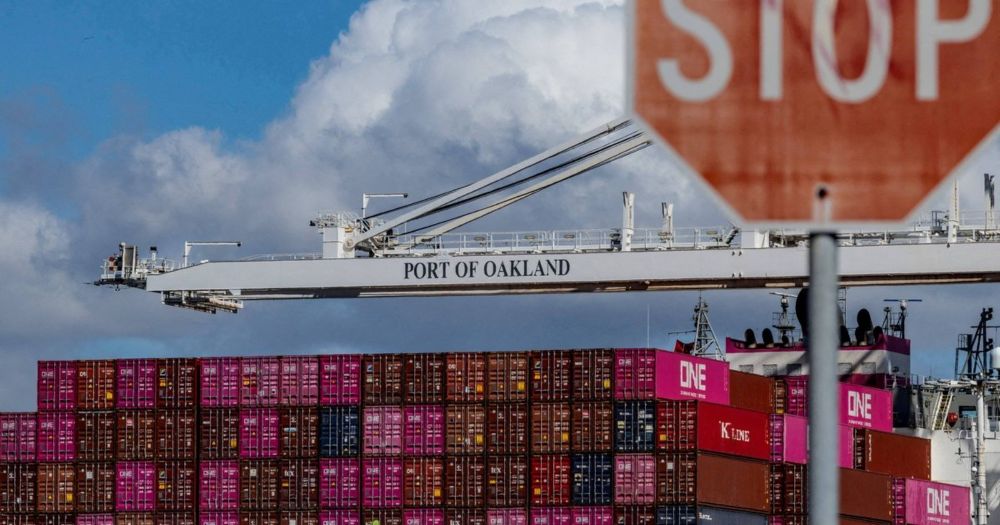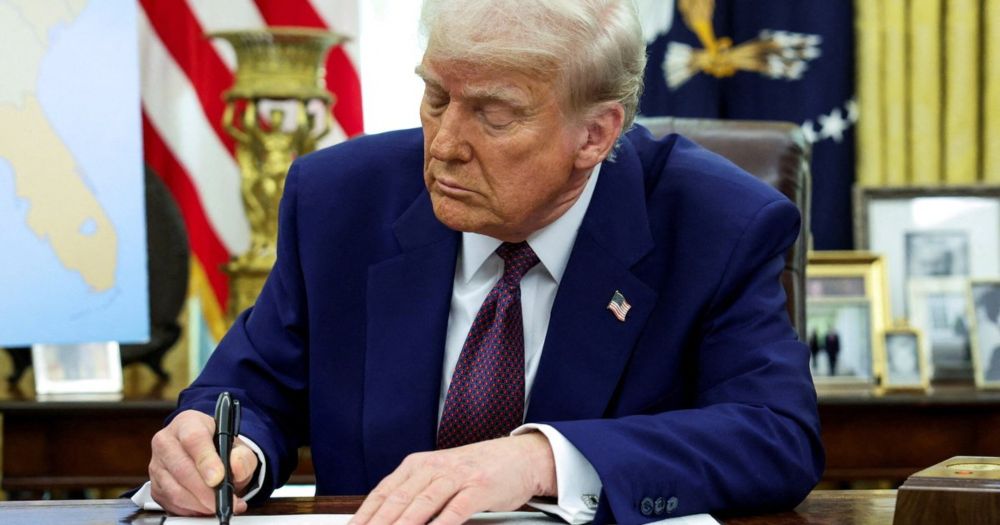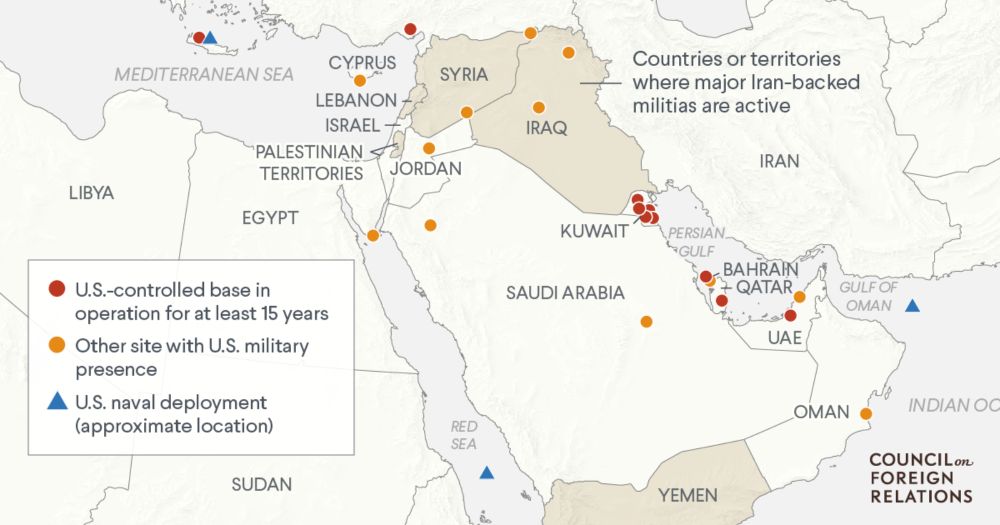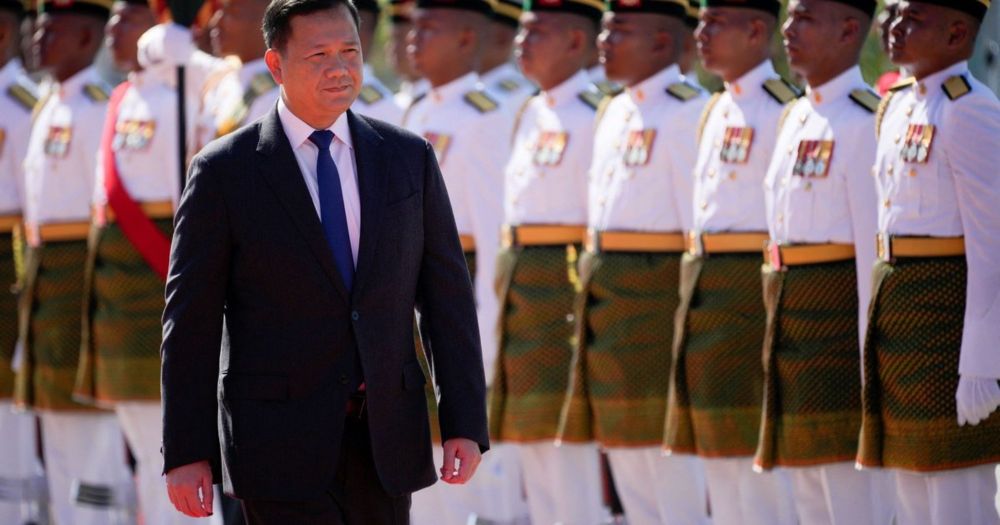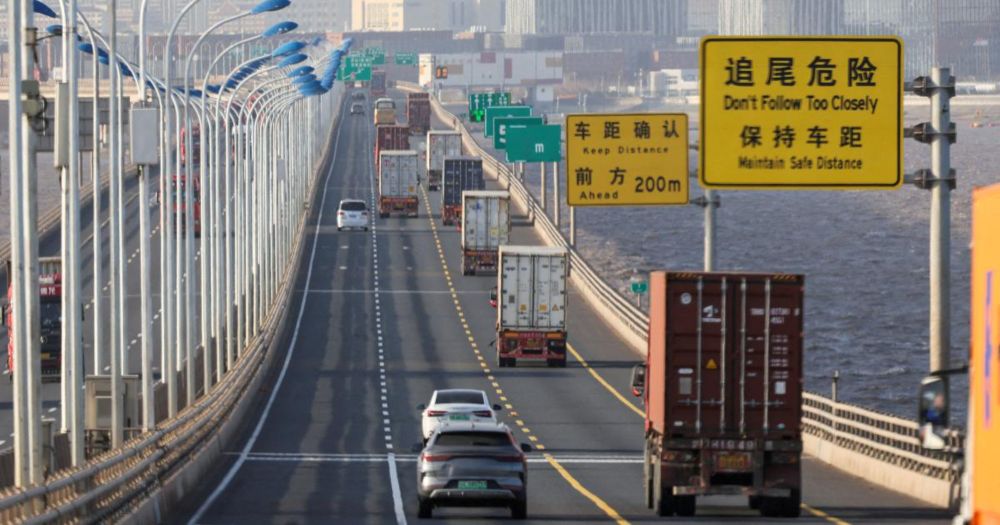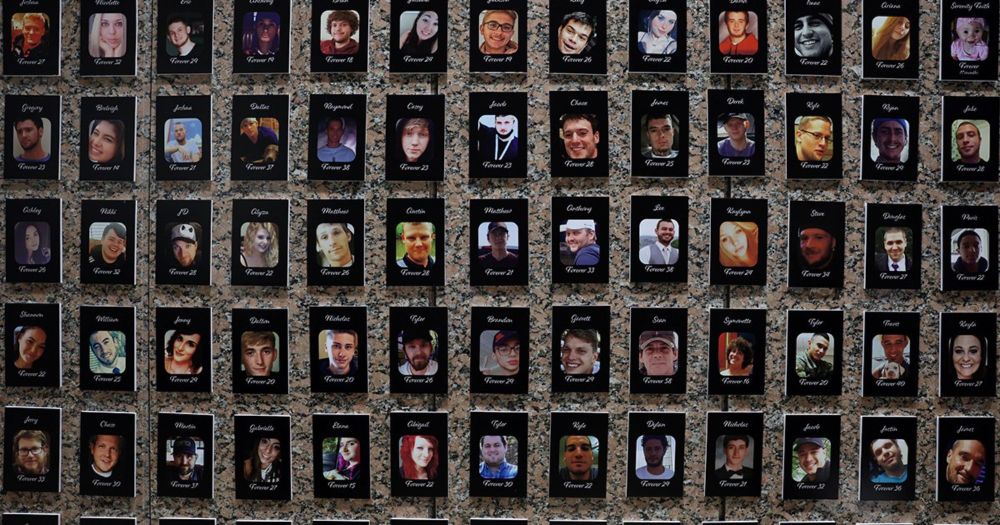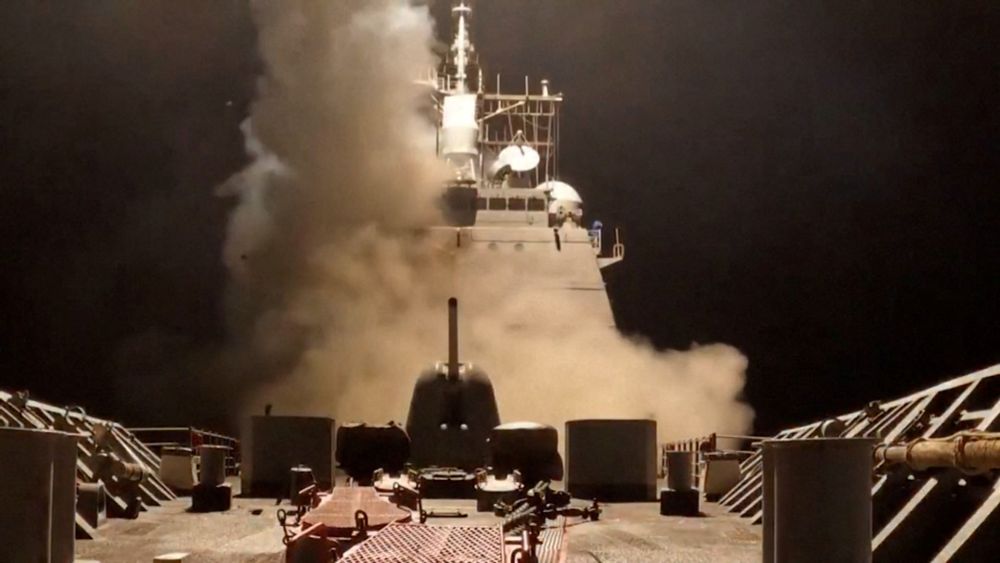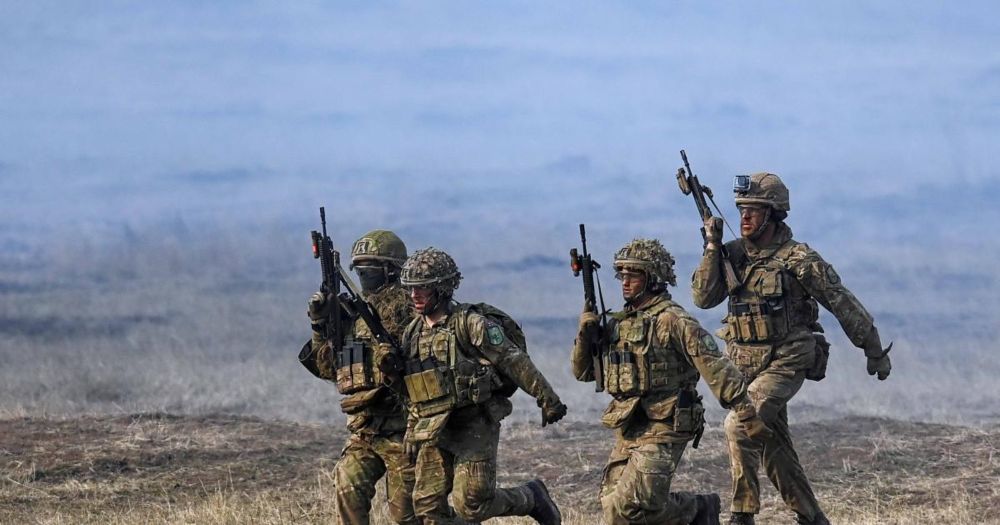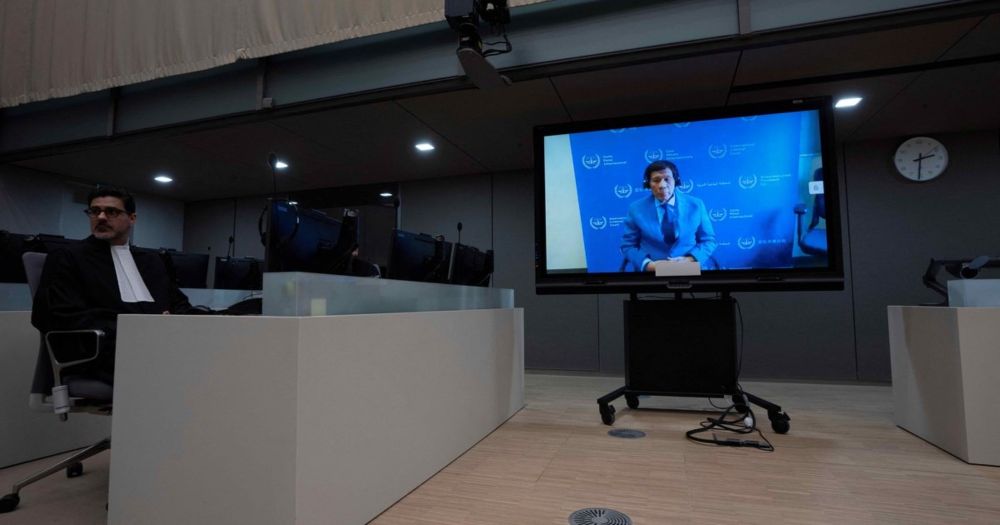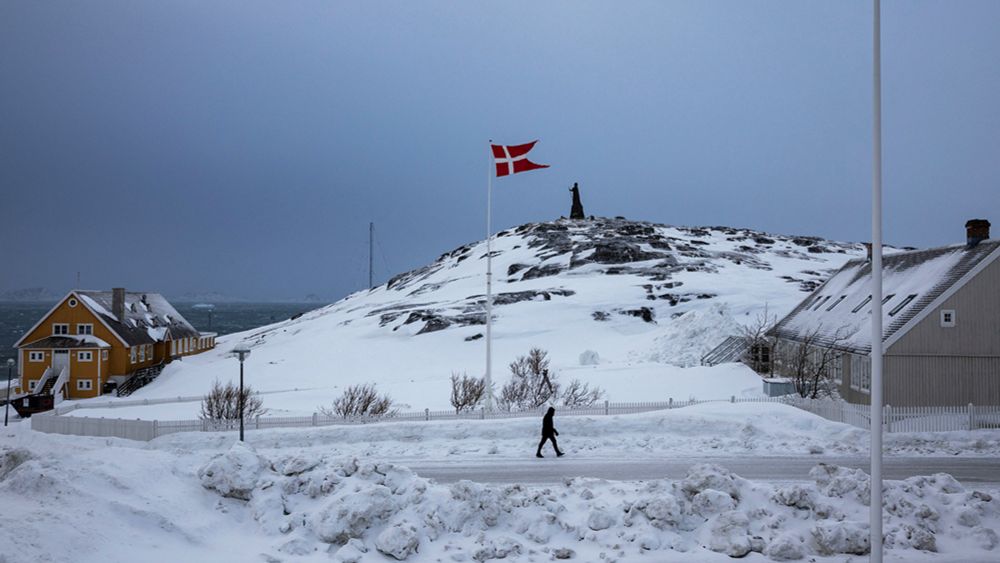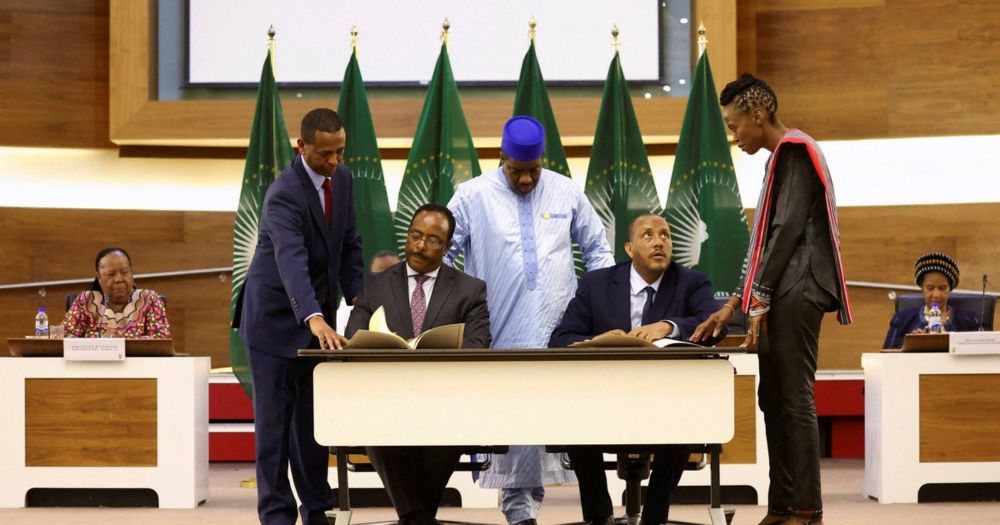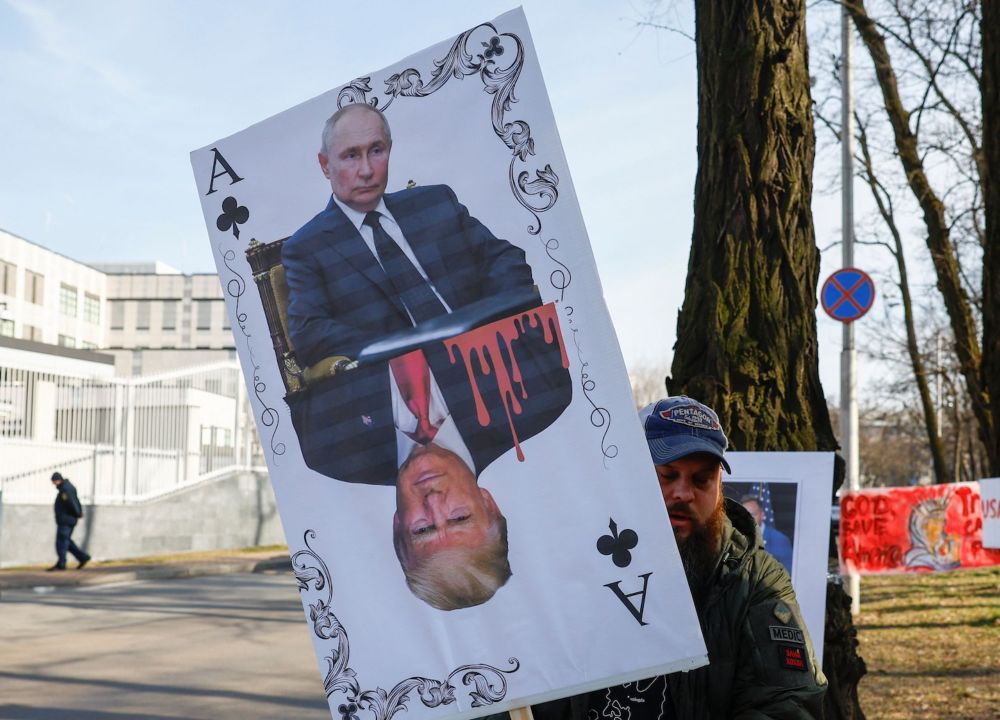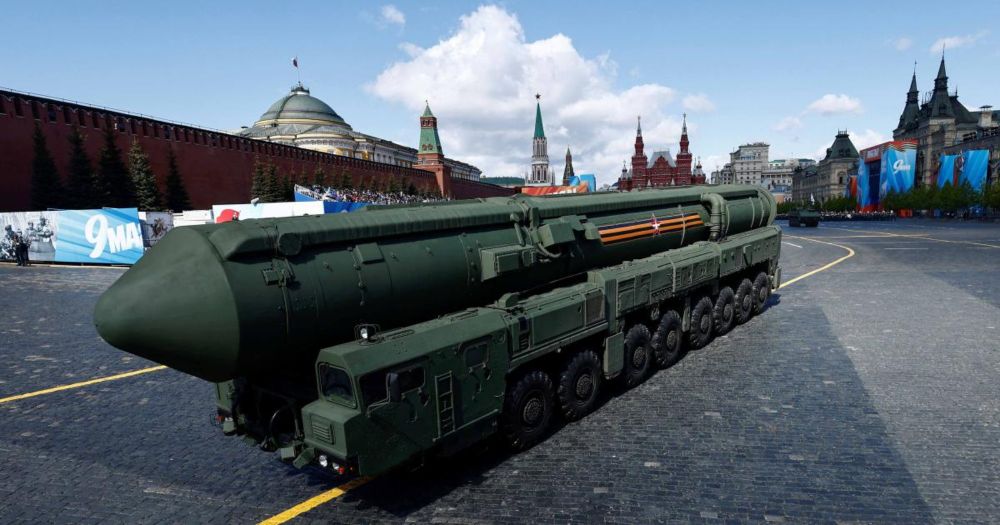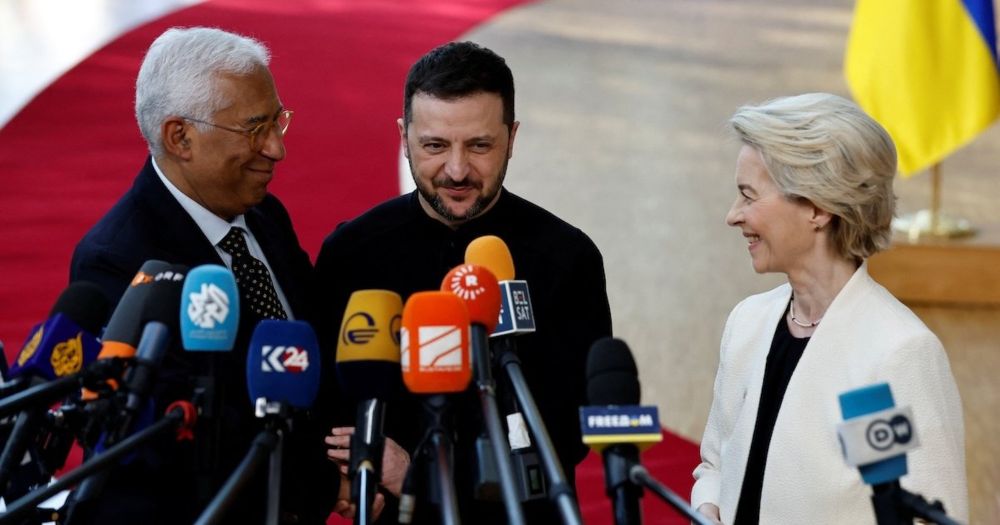Council on Foreign Relations
🌏 CFR is a resource for foreign policy news and analysis.
CFR takes no institutional positions on policy. Follows, reposts, likes ≠ endorsements.
➡️ www.cfr.org
✉️ Subscribe to our newsletters: cfr.org/newsletters
- While Trump has not displayed much dealmaking prowess, he has shown a welcome willingness to backtrack, whether with Ukraine or China or the Houthis, on his unrealistic demands, writes @maxboot.bsky.social.
- Washington and Beijing have bought themselves three months to figure out what each side wants and what it must have, writes @zoe-liu.bsky.social.
- Giving China a stake in Ukraine’s reconstruction could transform it from a passive pro-Russia bystander into an active participant in peacemaking, write @zoe-liu.bsky.social and Thomas Graham.
- "America’s slide into authoritarianism is reversible. But no one has ever defeated autocracy from the sidelines," write Steven Levitsky, Lucan Way, and Daniel Ziblatt.
- In a meeting today at the White House, Canadian Prime Minister Mark Carney told President Donald Trump that Canada is "not for sale." Trace U.S.-Canada relations in this timeline, which looks at pivotal moments throughout the countries' shared history:
- Donald Trump, frustrated by his inability to settle Russia’s war against Ukraine, keeps looking for someone to blame, writes Stephen Sestanovich.
- "The real risk of a precipitous American withdrawal of support is not that Ukraine will immediately collapse, but that individual European countries might lose the political will to stand up to Russia," write @lianafix.bsky.social and Michael Kimmage.
- The scope of a deal between Washington and Beijing—and the concessions Trump can extract from Xi—has likely narrowed over the past month, writes @zoe-liu.bsky.social.
- Reposted by Council on Foreign Relations[Not loaded yet]
- 🎧 CFR experts Carla Anne Robbins and Matthias Matthijs join James M. Lindsay on The President's Inbox podcast to answer audience questions about President Trump’s foreign policy during his first 100 days in office. Listen:
- Some of the downstream effects of the United States’ historically high tariff levels may surprise you. 👠 See where shoe retailers may shift their supply chains away from China: on.cfr.org/4jPAHwY
- Global financial leaders gathered in Washington this week for IMF and World Bank meetings. CFR President Mike Froman writes that heady economic topics that would typically be on the agenda were disregarded, as everyone had only one issue on their minds—trade.
- Reposted by Council on Foreign Relations[Not loaded yet]
- Reposted by Council on Foreign Relations[Not loaded yet]
- President Trump has made reducing U.S. trade deficits a priority, but economists disagree over how much they matter and what to do about them. Here's what to know:
- Extreme weather-related disasters are increasing in frequency around the world. On this Earth Day, see how climate change affected different regions in the past year, with mounting economic and societal ramifications.
- France's President Emmanuel Macron said that the debt it imposed on Haiti for its independence 200 years ago was unjust and announced a joint French-Haitian historical commission last week. Read about Haiti's struggles with colonialism and development:
- "Tariffs on countries that the United States relies heavily on for imported seafood will be a lose-lose. American consumers will be less healthy, and the U.S. seafood industry will be less profitable," writes Martin D. Smith for @thinkglobalhealth.org.
- President Samia Suluhu Hassan of Tanzania may get her own historic mandate, but with opposition leader Tundu Lissu arrested and his party banned, the victory may only deepen cynicism and instability, explains Michelle Gavin.
- Five decades ago, Cambodia commenced the largest decimation of a human population by a country’s own leadership since the Holocaust, writes David J. Scheffer.
- Trump’s trade war with China that began in his first administration has snowballed into far greater tensions. But experts say completely decoupling from one another is likely impossible. Get the background:
- The administration’s “anti-DEI” campaign targets vital expertise and experience in government agencies and is doing incalculable harm to government and public service, writes Linda Robinson.
- The type of deal likely to emerge from U.S.-Iran nuclear talks this weekend will depend on what’s changed and what remains the same since the Iran nuclear agreement was negotiated in 2015, writes CFR President Mike Froman.
- At a disconcerting moment of global democratic backsliding, Korea provides an instructive case of how basic norms of the rule of law and constitutional democracy can be restored, writes John Delury.
- 🎧 On this episode of The President's Inbox, Dmitri Alperovitch sits down with James Lindsay to discuss the geopolitical rivalry between China and the United States, its impact on U.S. interests, and how the United States should respond. Listen ⬇️
- Reposted by Council on Foreign Relations[Not loaded yet]
- President Trump’s raft of new tariffs are falling hardest on the world’s smallest developing economies, setting up China—the largest trade partner for more than 120 countries—to play the hero, writes Jonathan Hillman.
- Reposted by Council on Foreign Relations[Not loaded yet]
- Do you have questions about President Trump's new tariffs? Join CFR global trade expert Brad Setser for a Reddit AMA on April 8, 11am - 1pm ET to ask your questions:
- Today, CFR launches the Climate Realism Initiative, reimagining U.S. foreign policy to confront the threat of climate change, compete in the shifting global energy landscape, and build a pragmatic agenda that advances American interests. Learn more:
- CFR President Michael Froman and trade experts give their take on Trump’s new tariffs, the history of U.S. economic policy, and how countries are reacting.
- CFR experts weigh in on President Trump’s raft of new tariffs, including their legality, justification, and effect on U.S. consumers.
- Reposted by Council on Foreign Relations[Not loaded yet]
- Reposted by Council on Foreign Relations[Not loaded yet]
- Reposted by Council on Foreign Relations[Not loaded yet]
- In his second term, President Trump is again wielding tariffs in pursuit of goals such as stopping drug trafficking, competing with China, and reducing the U.S. trade deficit. Here’s how these taxes work:
- "US makers will get cut out of global supply chains. And US consumers and workers at home will be left to subsist on a much smaller economic pie," writes CFR expert Shannon O'Neil.
- Reposted by Council on Foreign Relations[Not loaded yet]
- Even before the massive earthquake that struck Myanmar and parts of Thailand on Friday, Myanmar was already one of the most troubled and impoverished countries in the world, explains @joshkurlantzick.bsky.social.
- President Trump has announced that on April 2 he will impose tariffs on countries engaged in “non-reciprocal” trade with the United States—but there are no details on how they will be calculated and who will be targeted, write Matthew P. Goodman and Allison J. Smith.
- U.S. forces launched airstrikes against Houthi-controlled areas in Yemen this month, maintaining its strong military footprint in the region. Here's what to know:
- In this episode of The Interconnect, Stanford University Professor of Bioengineering @drewendy.bsky.social and CFR Senior Fellow for Global Health Luciana Borio discuss the future of U.S. biomanufacturing and how biotechnology innovations are becoming part of daily life.
- "The United States' lack of interest in democracy has empowered autocrats and elected leaders who have already overseen democratic regression," writes @joshkurlantzick.bsky.social.
- "In the war over who gets to define the rules of the road, the battle is over, at least for now. And China won," writes CFR President Mike Froman.
- A U.S. retreat on global health, if sustained, will indeed open the door for China to exploit the withdrawal of U.S. programs in some strategic regions, argue CFR experts Thomas J. Bollyky and Yanzhong Huang.
- Since 2000, more than one million people in the United States have died of drug overdoses, the majority of which were due to opioids. Learn more from our explainer:
- Yemen’s overlapping conflicts and dire humanitarian conditions will not be resolved by US military action, which will likely further institutionalize war, weapons flows, foreign interference, fragmentation, weak governance, and humanitarian catastrophe, write @jacobware.bsky.social and Amir Asmar.
- Europe needs to invest the alliance with a renewed sense of purpose, write Michael E. O’Hanlon and Paul B. Stares for @foreignaffairs.com.
- Reposted by Council on Foreign Relations[Not loaded yet]
- The Trump administration’s tariffs on Canada last week and threats of annexation have strained the U.S.-Canada partnership, fueling Canadian nationalism and causing steep retaliatory measures, writes CFR President Michael Froman.
- Given his previously untouchable status, the arrest and potential prosecution of former Philippine President Rodrigo Duterte by the International Criminal Court is a surprising development, writes @joshkurlantzick.bsky.social.
- It was only a matter of time before the realities of Syria pierced the mostly optimistic and encouraging recent accounts of the country’s transition from the Assad dynasty, writes @stevenacook.bsky.social. foreignpolicy.com/2025/03/13/s...
- 🎧 On this episode of The Interconnect podcast, Stanford's Simone D’Amico and CFR expert Esther Brimmer discuss how private companies are driving innovation in orbit, the new moon race that’s underway, and more. Listen below ⬇️
- President Trump’s repeated comments about acquiring Greenland have fueled its push for greater autonomy and independence from Denmark. Here's what to know about the island's recent elections and conversations about independence:
- Reposted by Council on Foreign Relations[Not loaded yet]
- The Trump administration may not care about the plight of Ethiopians in Tigray, but it is not credible for Washington to pretend that growing instability in the Horn of Africa is of no concern to the United States, writes Michelle Gavin.
- Reposted by Council on Foreign Relations[Not loaded yet]
- The violence that convulsed Syria recently was not unexpected, writes @stevenacook.bsky.social.
- After decades of U.S. opposition to Russian aggression, Trump is executing what may be the most startling U-turn in the history of U.S. foreign policy, writes CFR expert @maxboot.bsky.social.
- Reposted by Council on Foreign Relations[Not loaded yet]
- Today marks 5 years since what has become the unofficial start of the COVID-19 pandemic in March 2020, which brought the world to a near halt. Explore the legacies of COVID-19 and other pandemics in our timeline:
- If the liberal order falls, the nonproliferation regime would fall with it, writes Gideon Rose.
- 🗞 Stay in the know with the Daily News Brief, CFR’s flagship morning newsletter summarizing the top global news and analysis of the day. Subscribe to the Daily News Brief to receive it every weekday morning ⬇️

